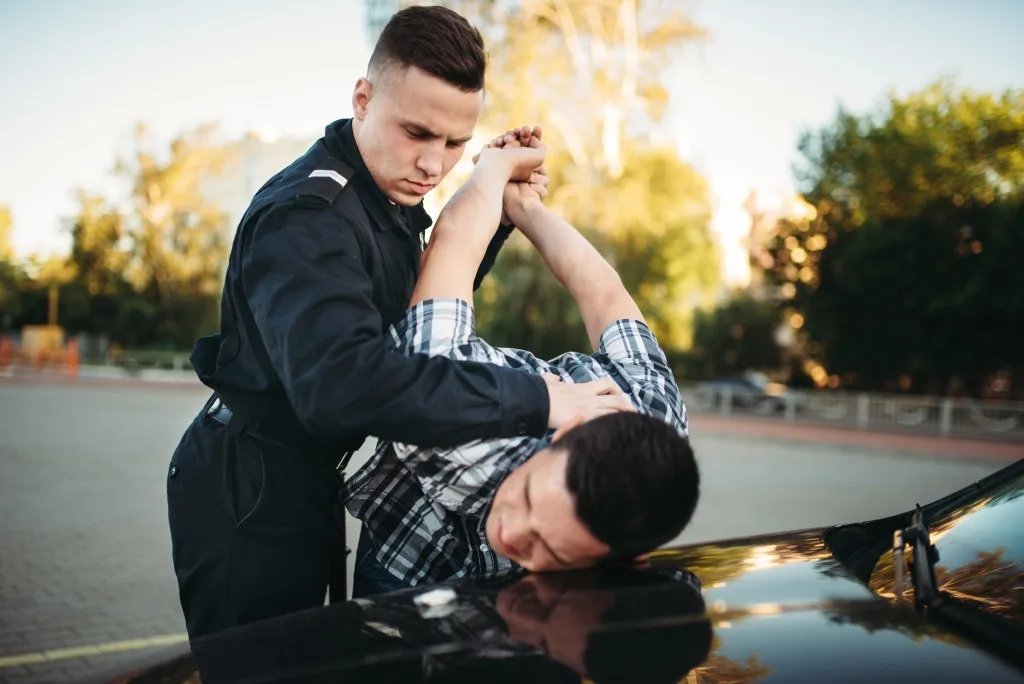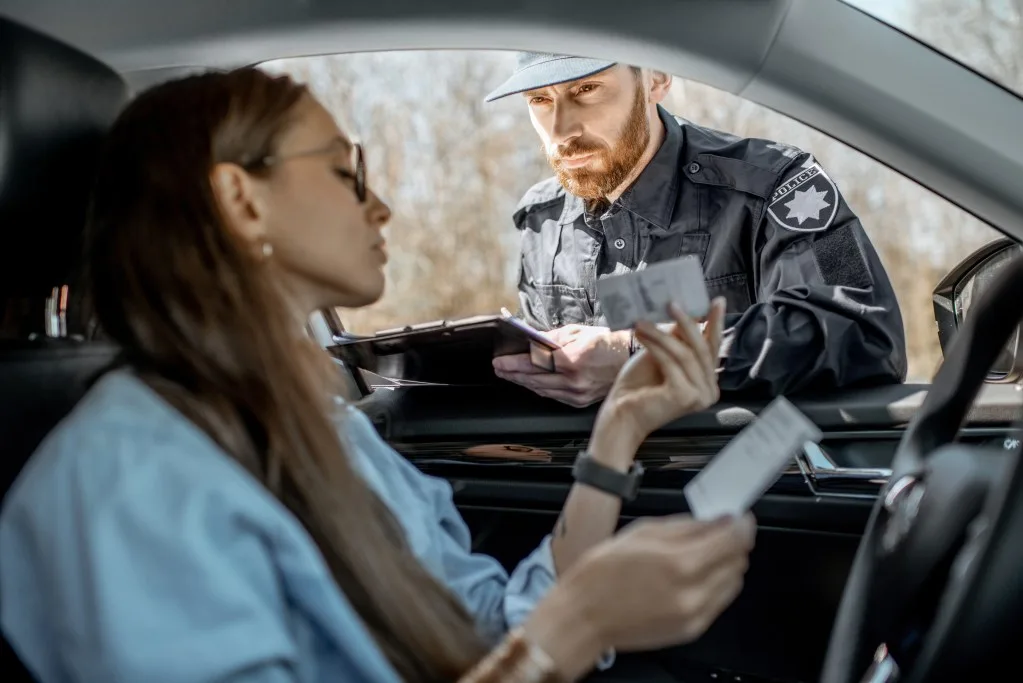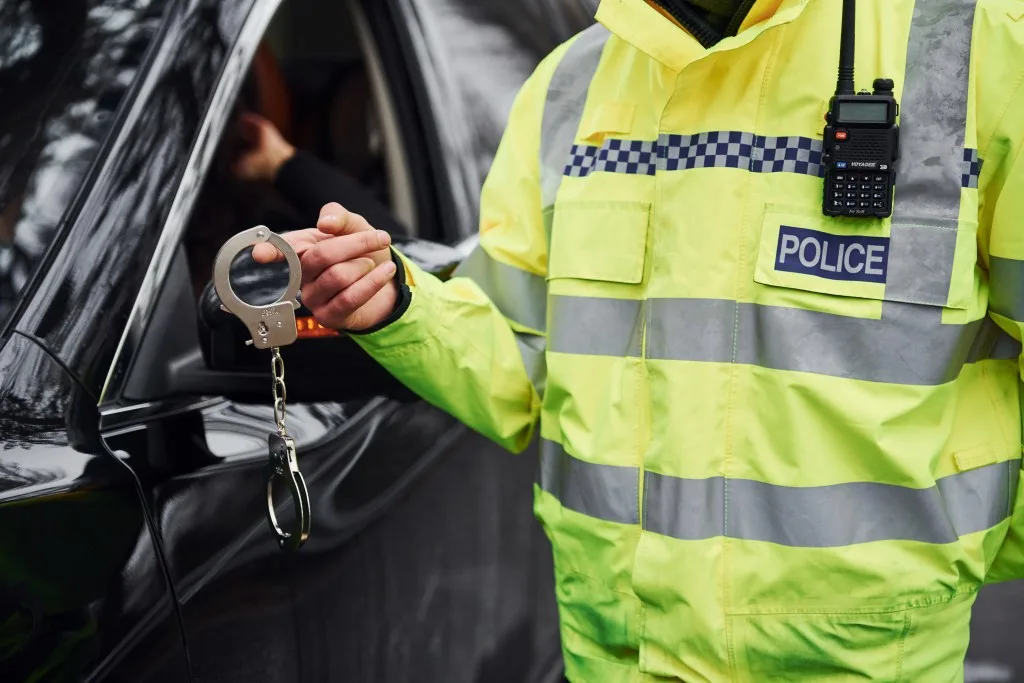Knowing your rights if you get pulled over while driving is crucial. You have rights during a traffic stop that can help you avoid a sticky situation and protect your future.
While most police officers are good people, almost anyone will jump at an opportunity to make things simple. However, if you unknowingly give up some of your rights, you’ve just simplified things for the officer.
So, we’re running through a few situations and some of the rights you should know about if you get pulled over.
Let’s go!
Reasons Police May Conduct a Traffic Stop
No one is a perfect driver all the time. However, the police are constantly looking to keep our roads safe and are especially alert to stop drunk drivers.
Additionally, it’s common for them to ask if you have guns or drugs in the vehicle. Consider this while driving to avoid the inconvenience of being stopped by the police.
Speeding
Speeding is by far the most common reason drivers get pulled over. Nationwide, police officers have revealed that stopping speeding drivers is always the top priority. It’s important to remember that speed limits aren’t just random.
The local, state, and federal governments create them with safety in mind.
Studies have shown that for every 100 tickets issued for speeding monthly, there are at least 14 fewer auto crashes and five fewer accident-related injuries. You can avoid a ticket by following the posted speed limits.
Equipment Violations
It’s easy for officers to spot these violations from a distance, making violators easy targets. There are several reasons the police stop people for these violations.
The most common reasons are tinted windows that are too dark, a broken headlight, or a severely cracked windshield. These violations can cause additional headaches if your license and registration aren’t up to date. You can even end up in jail if you’ve been drinking.
Cell Phone Use
Using your cell phone is one of the most dangerous things you can do while driving. Calling, texting, and using a GPS or other app are big reasons drivers get pulled over.
States have varying laws, but no matter what state you’re in, cell phone use is never a good idea. The effects of distracted driving, such as swerving and erratic lane changes, cause the police to issue citations for this violation.
Although sending a text only takes a few seconds, it’s best to pull over to the side of the road and bring your vehicle to a complete stop first.
Improper Lane Change
Failure to use turn signals can trigger a traffic stop but usually isn’t severe enough on its own. However, improper lane changes and cutting off another vehicle are certainly reasons the police will pull you over. This dangerous practice often leads to accidents because it shortens the driver’s reaction time.
In addition, only use the left lane for passing because driving in the passing lane will also catch an officer’s attention.
Know Before You Go: Before you hit the road, find out Do Police Need a Warrant to Search Your RV?

Know Your Rights During a Traffic Stop
The only information you need to provide to the police during a traffic stop is your driver’s license, vehicle insurance, and registration. If an officer pulls you over and asks you questions such as where you’ve been, where you’re going, or if you’ve been drinking, you don’t have to answer.
Right to Remain Silent
That’s right! The most important right when the police have you pulled over is your right to say nothing. Lawyers often recommend invoking this Fifth Amendment right, which protects against self-incrimination.
Refusing to cooperate, however, isn’t typically in your best interest. Ultimately, the police have a job to do, and there’s a human behind every badge. Remember to be polite and avoid being confrontational.
Don’t Consent to a Search
This one is confusing because your right to be free from unreasonable searches and seizures often only goes so far. If the officer has probable cause, they have every right to search your vehicle.
When a police officer pulls you over, it’s standard procedure for you to stay in your car with your hands on the steering wheel. Once you roll down your window, they may ask you to exit the vehicle. If so, the law requires that you comply. Staying in your car isn’t one of your rights when you’ve been pulled over.
Ultimately, even if you feel the search was unjustified, it’s best to allow it. Then consult an attorney to ensure that your interests are protected and respected.
Even if a search occurs, there’s no guarantee that items discovered can be admitted as evidence in court. A good defense attorney will recognize an unconstitutional search and be able to have the evidence suppressed from court proceedings.
You Can Record the Traffic Stop
Recording a traffic stop may help you in court. However, you’ll want to video the encounter with caution. Turn on your camera before the officer approaches and inform them that you’re recording. This way, they won’t think you’re pulling out a weapon.
Another essential thing to keep in mind is that the court can also use video or audio documentation against you. You probably don’t want to record the stop if you’re doing something illegal.

What If I Get a Ticket During a Traffic Stop?
Most offenses allow a driver to show their license and receive a ticket. They don’t have to be arrested, go to court, or post bail.
Signing the ticket isn’t an admission of guilt. If the person refuses to sign the citation, the officer has reasonable cause to believe that the person won’t appear at trial. Not signing will result in your arrest until you go to court and post a cash bond.
So, do yourself a favor and sign the ticket. Doing so is simply an agreement that you received the ticket and will appear in court or pay the fine.
What Are the Rights of Passengers During a Traffic Stop?
The Fourth Amendment to Constitution gives every citizen the right to be secure in their persons, houses, papers, and effects against unreasonable searches and seizures.
This right applies to both the driver and passengers in stopped vehicles. Whether you’re a driver or a passenger, there are several things to remember.
Passengers cannot be held responsible for the driver’s conduct and are generally free to leave unless police become suspicious of them during the stop.
If police suspect criminal activity, they’ll often separate the occupants and question them separately. If their stories differ, the officers can claim probable cause, prolong the detention and conduct a search. Passengers must remember to refuse a search and remain silent.
As with any other brief detention, the best way to handle this situation is to determine if you can leave by politely asking, “Officer, are you detaining me, or am I free to go?”
Pro Tip: Use these tips on How To Avoid Radar Speed Traps to stay speeding ticket free!

What If I Feel Police Violated My Rights During the Stop?
Your rights are violated when officers abuse their power or exceed the limits of their authority to deny someone their civil rights. Unlawful detention, false arrest, use of excessive force, and racial profiling are forms of police misconduct.
If you feel that the police have violated your rights, write down everything you remember.
Get the officer’s badge and patrol car numbers, the agency the officers were from, and any other details. Get the contact information for any witnesses. Then file a written complaint with the internal affairs division or civilian complaint board.
Know Your Rights
To sum it up, you have rights when you get pulled over, but it’s your responsibility to know them and when to demand them. Remaining silent for the driver and the passenger is probably the most significant right you have when stopped by law enforcement.
We’ve learned things to avoid while driving to reduce the risk of being pulled over. Additionally, we’ve covered what to do if you’re stopped or detained.
It’s important to understand your rights before the police stop you. Knowing this beforehand will help ensure that encounters with police don’t escalate or jeopardize your freedom.
Discover the Best Free Camping Across the USA
To be honest with you, we hate paying for camping. There are so many free campsites in America (with complete privacy).
You should give it a try!
As a matter of fact, these free campsites are yours. Every time you pay federal taxes, you’re contributing to these lands.
Become a FREE CAMPING INSIDER and join the 100,000 campers who love to score the best site!
We’ll send you the 50 Best Free Campsites in the USA (one per state). Access the list by submitting your email below: